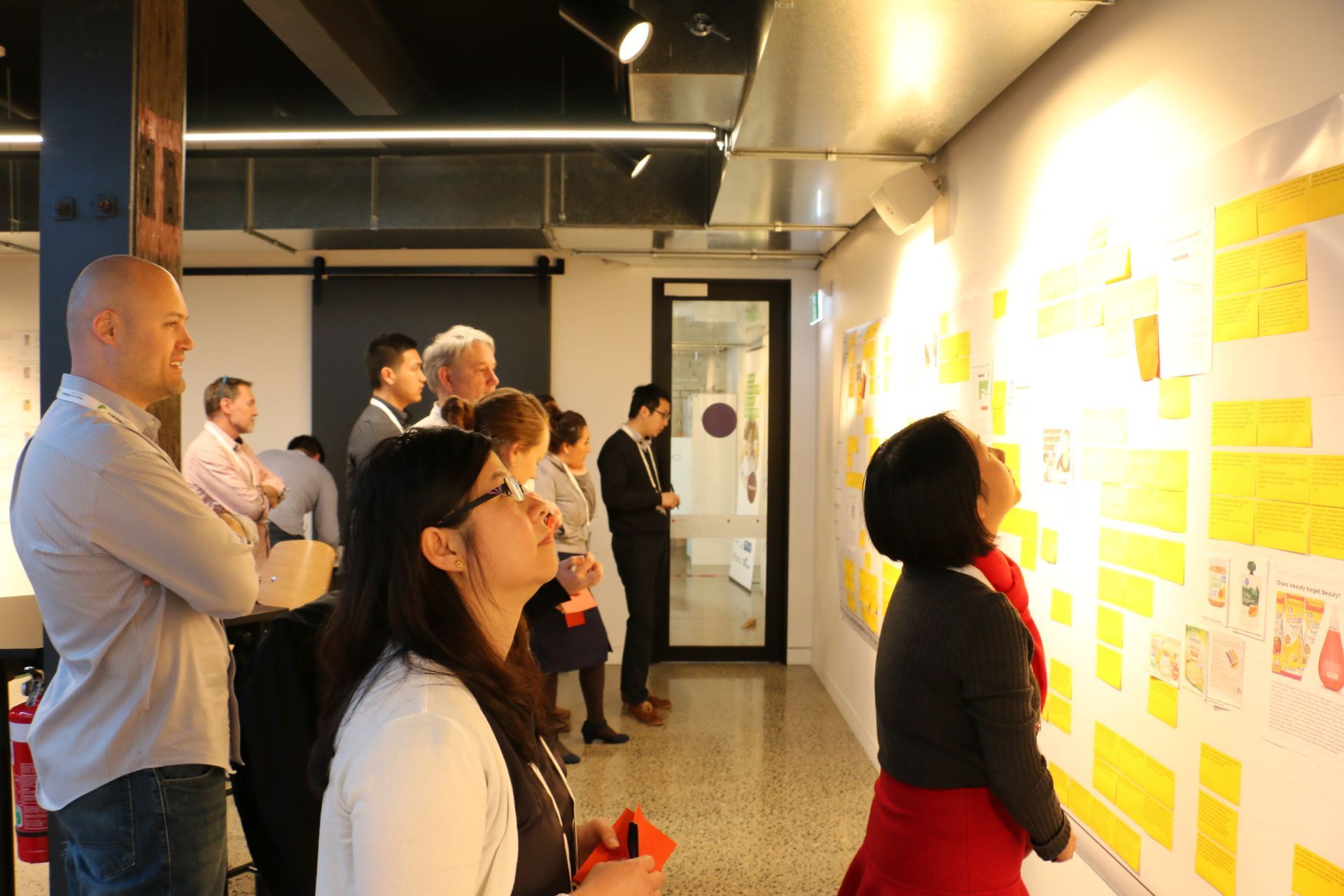Discovering how consumers think and feel about food and health
Public Summary
The Consumer Insights programme is concerned with identifying consumers’ beliefs, attitudes, values, and perceptions regarding the role of food in maintaining health and wellness in HVN’s target markets, in particular China.
During Tranche 1 the team conducted in-home interviews and focus groups with participants in Shanghai, China, who identified concerns with metabolic, immune, or gut health, or expressed an interest in toddler nutrition.
For Tranche 2 our focus was directed to working in New Zealand with the clinical trials of SYNERGY (Metabolic Health Priority Research Programme) and KINGS (Digestive Health Priority Research Programme) in addition to repeating the online survey last undertaken in 2019 and engaging with the domestic Food & Beverage industry. Due to the Covid-19 pandemic, the clinical trials were significantly delayed. Consequently, the Consumer Insights team focused on the newly launched programme He Rourou Whai Painga (HRWP). The team has been fully committed to HRWP, including working with Industry with respect to a brand/mark, whilst maintaining some work in clinical trials. Dr Denise Conroy is a P.I. for the HRWP programme.

Research Team

Dr Denise Conroy
Dr Denise Conroy is a Senior Scientist with the Consumer Team at Plant & Food Research, based at the Mt Albert campus.
Denise is a Consumer Behaviourist, specialising in understanding the attitudes, emotions, values and cognitions that motivate people to consume specific products, brands or experiences, or to reject these offerings.
As an interpretive researcher, Denise is a skilled methodologist and is experienced in leading complex teams across different disciplines and backgrounds to reach a common goal.
Much of Denise’s research is Asia-focused. Current projects include:
- an exploration of how organic labels on fresh fruit and vegetables are processed and interpreted in Vietnam
- why organic is considered to be part of status expression in South Korea, as opposed to any reference to sustainability or the green movement
- exploring how Chinese consumers construe the relationships between food and health.